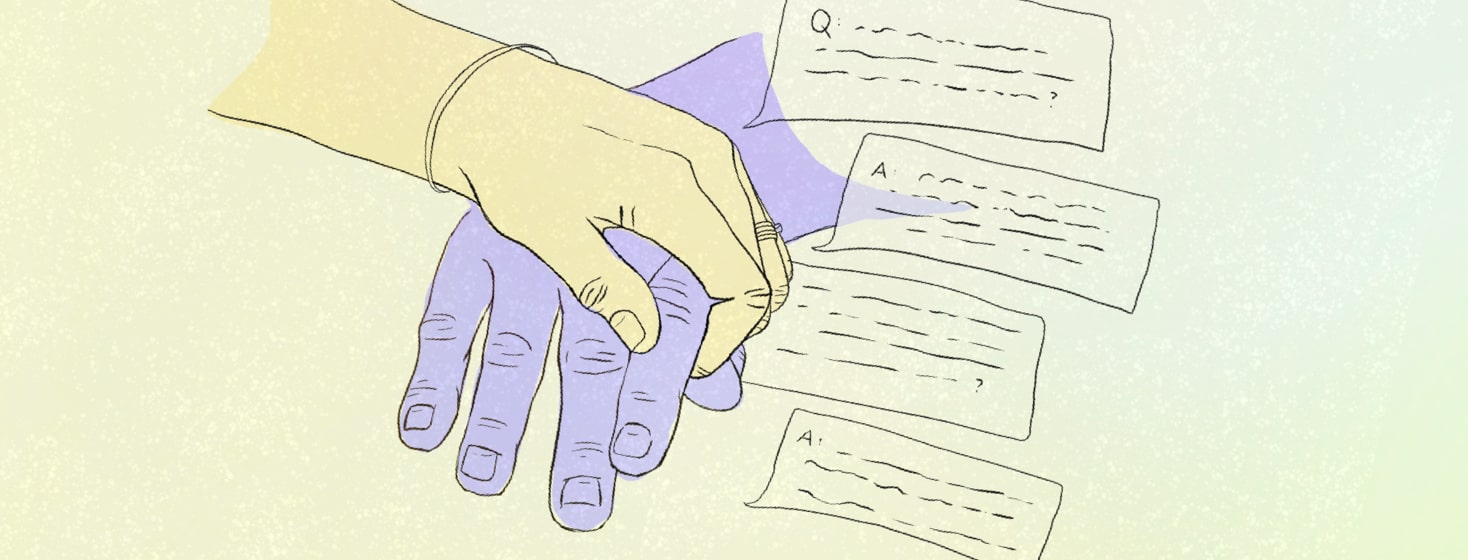An Interview With My Wife: Part 1
In May 2017 I had my runner's “groin strain” investigated by a sports injury doctor, as it was hampering my training for an ultra-marathon. This is my interview of my wife about what followed. Read An Interview With My Wife: Part 2.
Sharing the news of my diagnosis
Q When I came home from seeing the sports injuries doctor and told you I’d had to have chest x-ray, blood tests, and the following day was to have a CT scan, what went through your mind?
A I was anxious but just tried to re-assure you that you were too fit to be seriously ill. The previous Friday, your 53-year-old sister had been told that she had less than 12 months to live, and we were still quite raw from that. I thought, “Surely it could not happen to us as well.”
Q When I got home from running club on May 9th and told you that the sports injuries doctor had phoned to tell me that I almost certainly had prostate cancer, how did you feel? What went through your mind?
A I thought, “well it’s the same as Bob Champion,” and I knew that he’d been cured. I just had to look after you, and that became my focal point. You tried to push me away, telling me “to find someone else who could look after me,” but that was the time you needed me most.
Going to doctors appointments together
Q In the following weeks, you went to all the appointments with me. When partners are again allowed to attend those appointments, is there any advice you would give them? When we saw the oncologist for the first time, how did it leave you feeling? Do you remember what you said about him as we left?
A We were like 'rabbits in the headlights.' I needed to be there for you and be involved in the advice, understanding the prognosis, treatment, and the effects it would have on you/us. I needed to hear first-hand. The oncologist was very matter of fact, making it feel like it was nothing much unusual, just an ordinary day at work. Very re-assuring.
My advice would be that it’s good to have another person with you, as you both remember different parts, and I also got to ask questions from my own point of view.
When we left, I said, “Can’t we take him with us, sat on our shoulders, to keep us calm and assured?”
Telling family
Q We had to get the children round to tell them. How awful was that?
A Much more awful for you as you spoke. I was very glad that they are very close and have each other and that they were adults.
Living life a day at a time
Q The next 9 months was a rollercoaster with constant testing because of Abiraterone affecting my liver function. How did you cope in that period?
A. It was then that I chose to try and live a day at a time and not look too far forward. I don’t want to waste the time we have. Despite that, happy times are always tinged with some sadness, so living in the moment is really important. When people try to reassure us by saying, “anyone could be hit by a bus tomorrow,” I reply by saying, “We are living in the terrifying 10 seconds before the bus actually hits us.”

Join the conversation